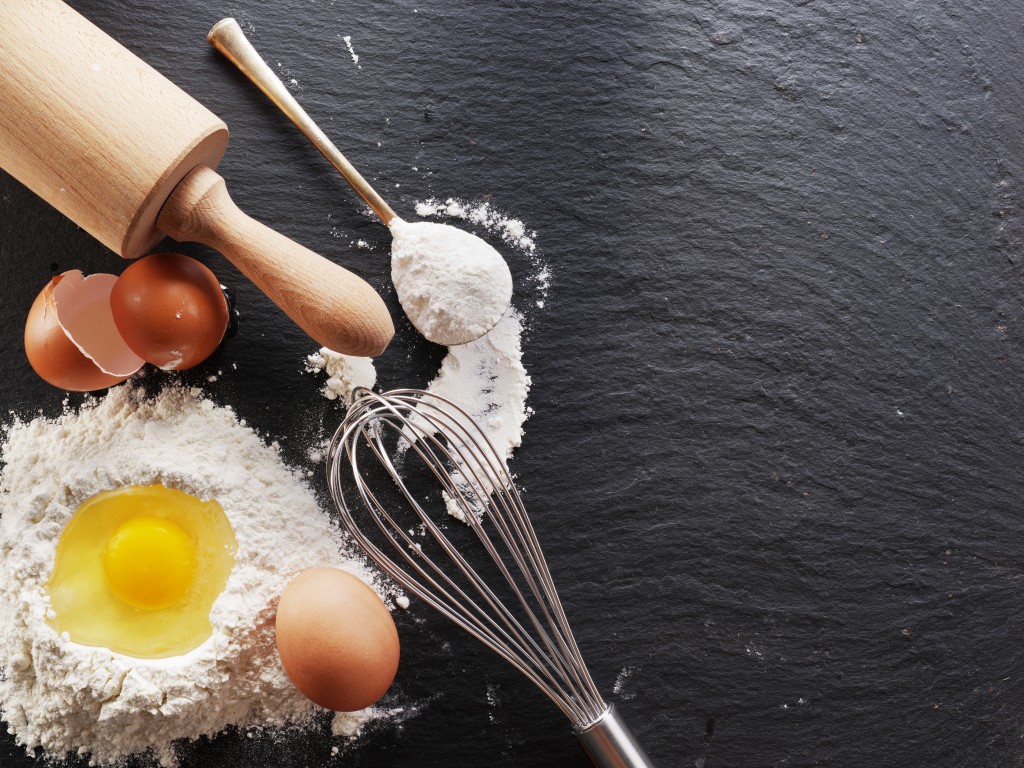If you were to guess what America’s top comfort food is, would you think that it’s pizza? It’s right up there, heading the pack with chocolate, ice cream, and potato chips, among others. But what is the fascination with such foods that are mostly junk food, as health experts say? And do you know that a lot of them are harming your teeth?
Comfort Foods Explained
Comfort foods, in a nutshell, are those that give a sense of well-being, albeit temporary. Foods rich in fat, sugar, or salt have stimulating effects on the brain’s reward center resulting in elevated moods. Psychologists believe that the brain’s pleasure centers stimulated by comfort foods are the same as those associated with drug addiction.
People experiencing negative emotions turn to fatty, sugary food for instant gratification that leads to positive feelings, although fleeting. Millions of people consume unwholesome foods almost every day because they associate them with happier, soothing times. Sometimes, the smell of freshly-baked bread alone can be inviting and nostalgic at once. There are strong neural connections between the sense of smell and what is known as emotional memory.
Foods That Are Harmful to Your Teeth
Of course, eating unhealthy food also affects your dental health as much as you do your body. Here are the top culprits that are your tickets to a trip to your dentist’s office:
-
Sour Candies
It is already a known fact that candies, rich in sucrose and sweeteners, aren’t precisely your teeth’s best friend. What a lot of people don’t know is that sour candies contain, in high levels, acids that are tough on teeth. Additionally, most sour candies are in “gummy” form—so chewy that they tend to stick to your teeth, increasing the chances of decay. Experts suggest that a piece of chocolate is a better alternative the next time you find yourself craving sweets. Chocolates chew quickly, which water can easily wash away.
-
Bread
Believe it or not, another type of food that might hasten your next visit to the dentist is bread. When you chew bread, the starches found in bread are broken down into sugar by the saliva. This explains why chewed bread turns into a paste-like substance that sticks to the teeth and its crevices. Go for less-refined bread varieties like whole wheat as these aren’t broken down as quickly, and they contain fewer sugars.
-
Soda
Did you know that experts believe that drinking carbonated soda in large amounts could be just as damaging to teeth as using crack cocaine? Carbonated sodas aid plaque’s production of acid that attacks tooth enamel. So drinking plenty of soda is equivalent to you soaking your teeth in acid. Add to that, soda dries up your mouth, leaving it without much saliva. Finally, dark-colored soda drinks can stain or discolor your teeth. After drinking soda, though, do not brush your teeth immediately as this could facilitate decay. Instead, drink or rinse your mouth with water first, and then brush your teeth.

-
Potato Chips
The bad news about something so good, like potato chips, is rich in starch. Your body breaks down starch into sugars that can feed the bacteria found in plaque when trapped in the teeth’s crevices. This leads to higher acid production in the mouth, especially if you finish off a whole bag of potato chips and wait a while till the next brushing. Floss regularly to remove all trapped food particles.
-
Citrus
While oranges, lemons, and grapefruits are rich in vitamin C, which is good for the body, these citrus fruits’ acid content has the potential to erode the tooth’s enamel, making it more susceptible to decay. Yes, even when diluted in water. Also, acid from the citrus can aggravate mouth sores. If you need them as your daily dose of vitamins and antioxidants, consume them in moderation with your meals and be sure to rinse your mouth with water right after.
-
Dried Fruits
While many dried fruits are considered a healthy snack, prunes, raisins, apricots, figs, and the like are sticky. They cling to the teeth and quickly get stuck in their crevices, depositing sugar. If you eat a lot of dried fruits, be sure to rinse your mouth with water, brush, and floss right after consumption. Better yet, eat the fresh versions as these have fewer sugar concentrations.
-
Alcohol
Drinking alcoholic beverages dry up the mouth. Saliva is vital in washing away food residue and preventing food from clinging to your teeth. Also, the substances in saliva help counter the acid produced by bacteria in plaque, thus helping to prevent tooth decay and gum disease. Keep your mouth hydrated by drinking plenty of water and using oral hydration solutions and fluoride rinses.
It’s been said in many different ways: you are what you eat. Most comfort foods are “junky”—hollow of nutrients and real health value. Besides that, they only temporarily provide a sense of well-being, so their damaging effects on our teeth can be long-lasting.




